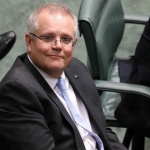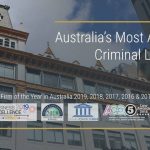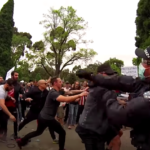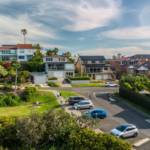Drug Testing of Police Officers: Police Policing Themselves
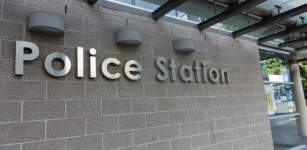
South Australian police officers will soon face the possibility of being drug and alcohol tested after ‘critical incidents’, such as when they use firearms or engage in high-speed pursuits.
But there’s a catch: their police colleagues will need to suspect them of being under the influence and refer them for testing.
The move follows nearly a decade of pressure for SA officers who act dangerously to be tested – pressure which they have resisted to date.
The state has refused to adopt random drug testing like that which occurs in NSW (albeit rarely).
Meanwhile in Tasmania, the law will soon allow for police to be randomly drug tested. Until now, officers in that state have only been tested in targeted and incident-related situations.
Police Association Response
The South Australian Police Association’s Mark Carroll is satisfied that police in his state will continue to avoid being randomly tested.
“We know the experience in New South Wales was they had more people in an amnesty putting themselves forward for having a drug problem in particular than in any random testing that they had done,” he said.
“People want to know if a police officer has to use excessive force or use their firearm in a shooting or drive at a high speed … that that officer was not under the influence of any alcohol or drug.”
“That’s why we think [the SA scheme] is targeted in a far better way.”
However, these statements fail to explain why South Australian police should escape random testing. In fact, the comments about NSW officers seeking help when such testing was being introduced are more of a reason to adopt the regime, rather than reject it.
When concerns were raised about the state’s scheme being an example of ‘police policing themselves’ (because police will decide whether a colleague is tested), Mr Carroll said:
“Certainly anyone who has reasonable cause to suspect that an officer is under the influence of drugs or alcohol can report that and that person can be tested”.
The operative word here, of course, is “can” – in other words, police will decide whether an officer is tested even if concerns are raised by members of the public.
The Tasmanian Police Association’s Pat Allen welcomed that state’s introduction of random drug and alcohol testing, saying:
“In this day and age drug testing is relevant all around Australia, for workers in any industry where it’s a dangerous occupation … we are no different to anyone else and we will go through the process”.
Significantly, the responsibility of administering random tests to police officers in that state has been given to a private contractor, rather than the police themselves.
Concerns
There are concerns the South Australian regime is little more than a public relations stunt, designed to make it appear that police will be more accountable, while changing little in practice.
In fact, the current police-testing debate begs the question: shouldn’t police officers be drug and alcohol tested after all critical incidents, such as when they use their guns or engage in high-speed pursuits? And wouldn’t routine testing help deter rogue officers, while protecting members of the public and enhancing confidence in the force?
Mr Carroll’s reasoning against random drug testing makes little sense, begging the question: why shouldn’t those with broad powers over the public, backed-up by lethal weaponry, be subjected to random drug and alcohol tests?
As Tasmania’s Mr Allen points out, drug testing is “relevant” for workers “in any… dangerous occupation”, and is routinely used across a number of industries.
The Tasmanian regime certainly appears to provide greater accountability, as long as it is sufficiently extensive to create a substantial possibility of being tested, rather than just a one-third chance of being tested sometime during the year like in NSW.
Going to court for a traffic offence?
If you are going to court for a traffic offence, call or email Sydney Criminal Lawyers anytime to arrange a free first consultation with an experienced, specialist traffic lawyer who will accurately advise you of your options, the best way forward, and fight for the optimal outcome in your specific situation.


